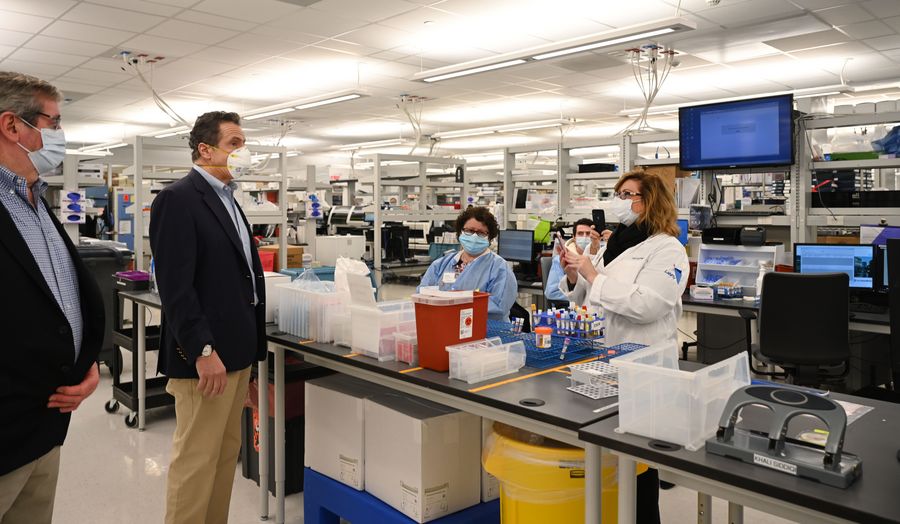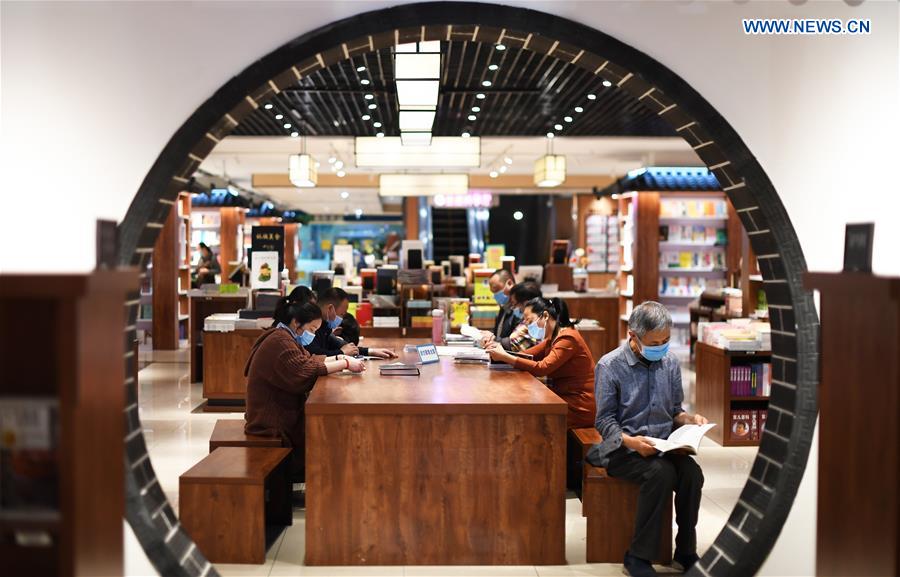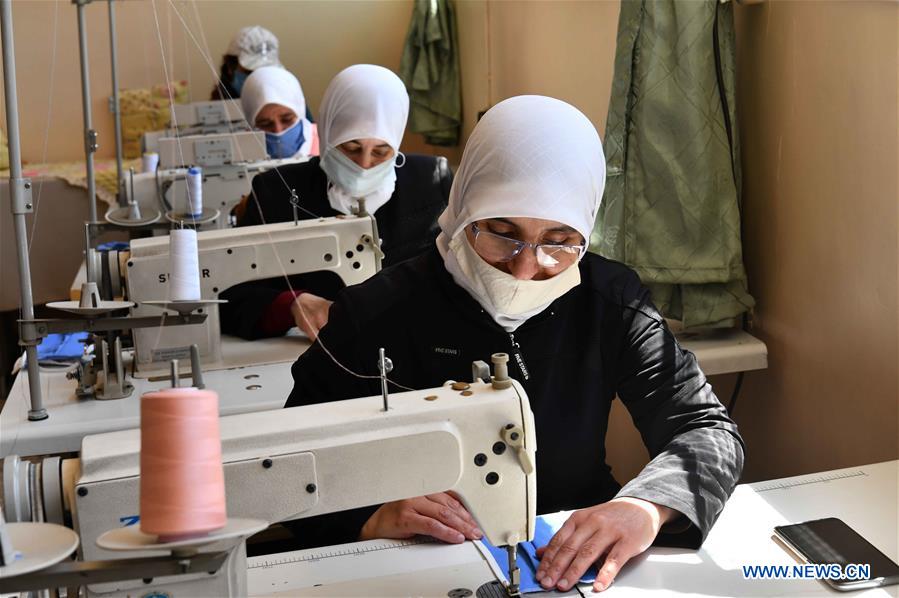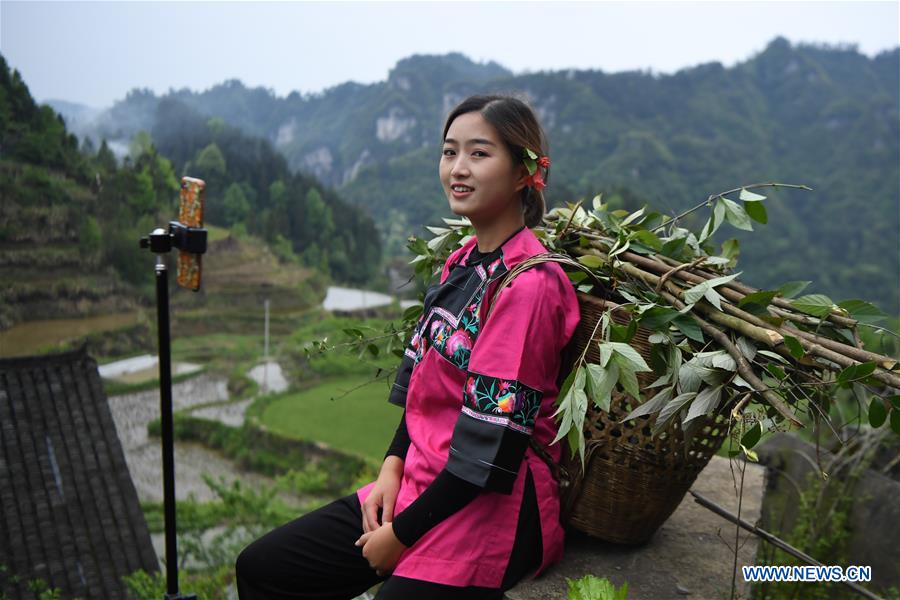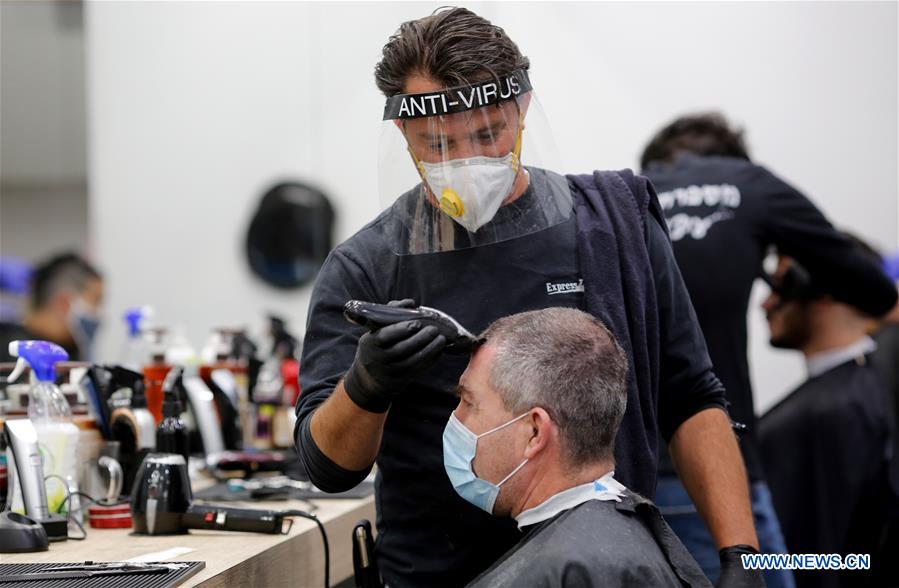By helping mask manufacturers reduce costs, expanding production capacity, rolling out supportive policies and enhancing market regulation as well as quality control over exports, China has provided the essentials to the global market at fair prices, assisting the international community to stem COVID-19.
GUANGZHOU, April 27 -- China has provided protective masks to the global market at fair prices, by organizing as many qualified manufacturers as possible, tapping the full potential of the industrial chain and strengthening market supervision.
The world is still scrambling to stock up on the much sought-after essentials, and Chinese authorities, regulators and manufacturers are doing what they can to moderate the prices and ensure quality.
Market feedbacks show that China's export of medical supplies is expected to maintain steady and orderly growth in the following months, offering stronger support to the global society in fighting the COVID-19 pandemic.
CONTAINING COSTS
For mask manufacturers, one of their biggest challenges is to manage costs that have spiked due to soaring demand.
Cao Haoquan is chairman of the Guangzhou Weini Technology Development Co., Ltd., a supplier of masks and respirators. The firm sells 80 percent of its products to European buyers. Cao said he has never felt busier in his 20-year career.
The veteran in the medical supply business had to frequently visit his factory and inspect production quality. "The biggest challenge for me is how to curb the impact of rising costs on the prices of masks. Prices of equipment, raw materials and labor have been jumping quickly," he said.
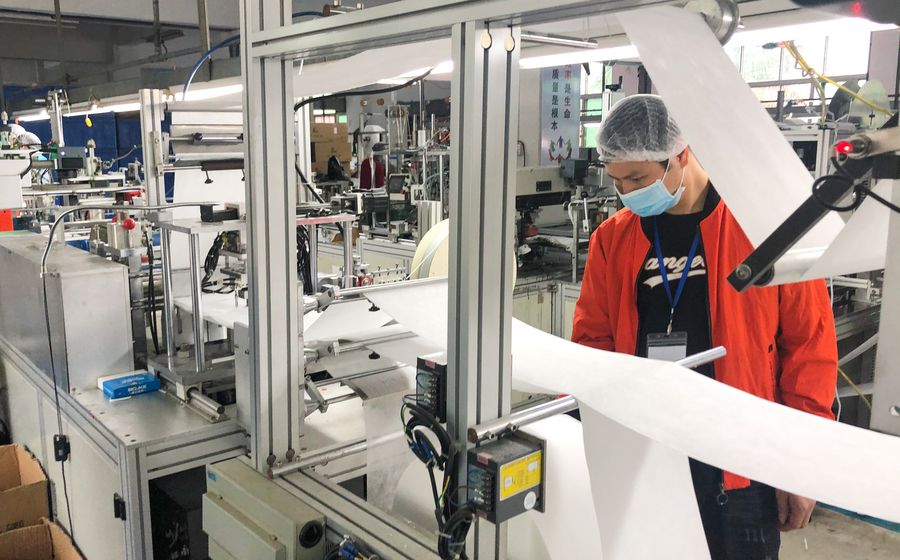
A staff member works at the Guangzhou Weini Technology Development Co., Ltd. in Guangzhou, south China's Guangdong Province, April 22, 2020. (Xinhua/Ma Xiaocheng)
According to Cao, the purchasing price of melt-blown non-woven fabric, a core material to make FFP2 masks, surged from 30,000 yuan (about 4,243 U.S. dollars) a tonne before the epidemic to 1.8 million yuan a tonne now.
Salaries of its frontline workers have increased by 50 percent, and the purchasing price of a mask production line also soared.
Cao said the current export price of Weini's medical masks remains relatively stable since the company has a sufficient stock of raw materials. By developing its own production equipment and building production lines of the specific fabric, the firm can hedge upstream price fluctuations.
"I never expected that I need to make the fabric myself. There is simply too much demand, and I have to do my best to level the cost," he said.
Guangzhou Jet Bio-Filtration Co., Ltd., another manufacturer of lab consumables, is also struggling with the cost increase.
"Our products are aimed at helping prevent diseases and reduce deaths," said Yuan Jianhua, chairman of the company. "Thus, we can't make a quick buck by selling overpriced products."
Many Chinese enterprises in other industries have also contributed a lot to ensuring mask production capacity by refitting their production lines.
China's leading new energy vehicle manufacturer BYD said it had achieved a daily production capacity of 20 million masks as of April 17, meeting domestic demands while exporting to overseas markets.

